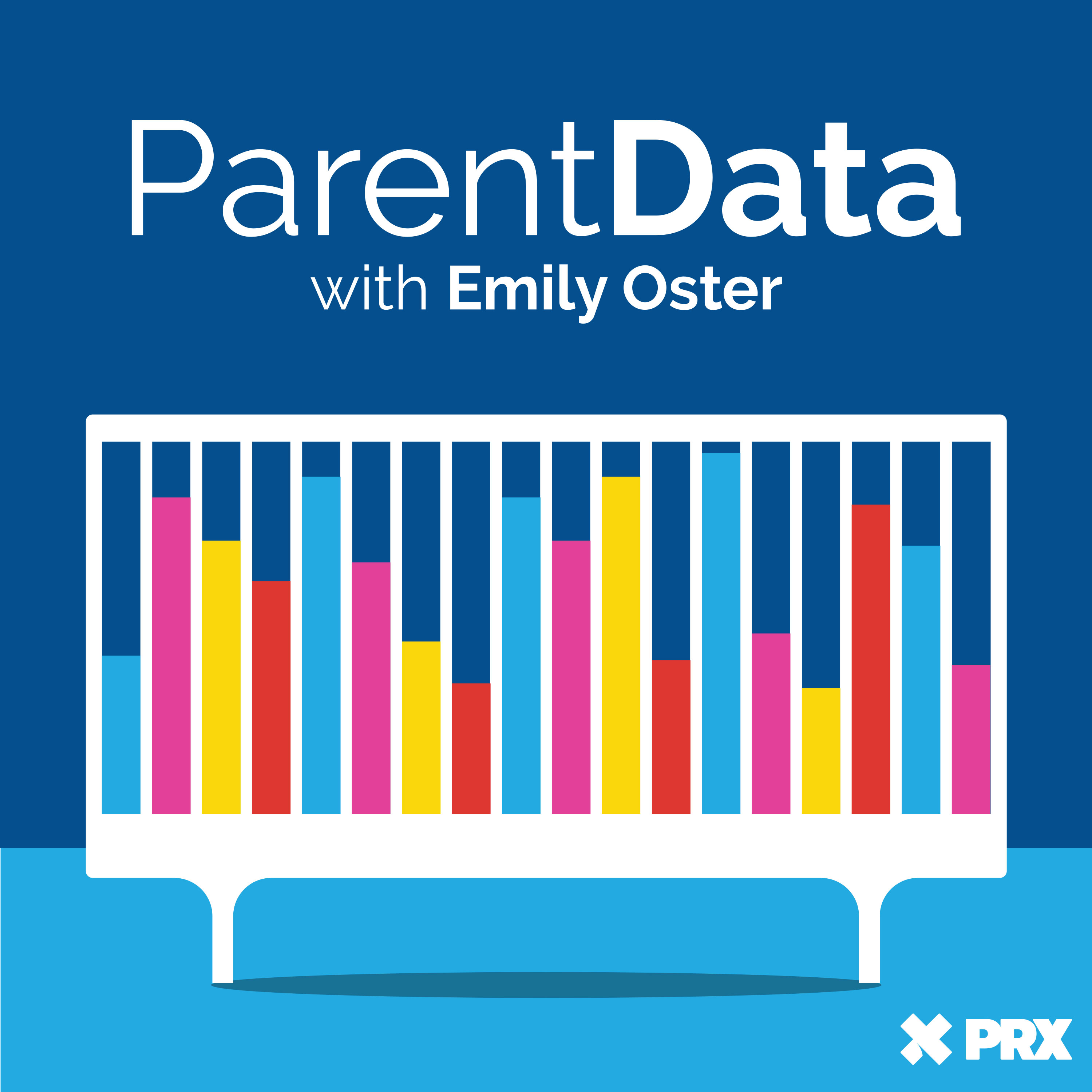ParentData Presents: Raising Parents - "Should You Have Kids?"
Podcast: ParentData with Emily OsterPublished On: Thu Jan 09 2025
Description: Today on ParentData, we're airing an episode from Raising Parents, Emily's limited series podcast in partnership with The Free Press. The episode is the last in the series, but the first question we all need to grapple with before engaging with all the others: should you have kids?For most of human history, having kids wasn’t much of a choice. Social expectations, lack of birth control, and limited autonomy for women presented a couple of options: Have children, or join a convent. But the 1960s ushered in a big change. With better options for birth control and expanded career opportunities for women, many people for the first time could choose how many children to have, and whether they should have any at all. Fast-forward to today: More people are choosing not to have children for a wide range of reasons. Having children, of course, is a personal choice. But it’s a choice that has broader implications. Everywhere across the globe—the U.S., Europe, Asia, Africa—fewer children are being born. And strangely enough, having kids has become part of the culture wars. There are pro-natalist public figures like Elon Musk on one side saying everyone needs to have more kids now in order to save humanity. And on the other side, people like climate activist Greta Thunberg say rising sea levels are so catastrophic that having kids in this era is akin to genocide.But there’s no debate that the fertility rate is plummeting in America and around the world. Presently, American women, on average, have 1.8 kids. In the 1950s, it was 3. The replacement rate in the United States, which is the fertility rate needed for a generation to replace itself without considering immigration, is approximately 2.1 births per woman. Around the world, the fertility rate fell by more than half between 1950 and 2021, as many countries became wealthier and women chose to have fewer children.For economists like Emily, the speed with which the fertility rate is falling is cause for alarm. Economic growth depends, at least in part, on population growth. Retired people rely on generations of younger workers for support, through contributions to Social Security and taxes. With fertility rates in free fall, the math doesn’t add up.That’s the big picture. Now back to our own families, and a fundamental question: Should we even have kids in the first place, and what happens if we don’t?Resources from this episode: • Bryan Caplan: Selfish Reasons To Have More Kids (Bookshop) • Gina Rushton The Parenthood Dilemma: Procreation in the Age of Uncertainty (Bookshop) • Leah Libresco Sargeant • Helena de Groot • Ross Douthat
The note was deleted
The note was saved
Your message was sent
